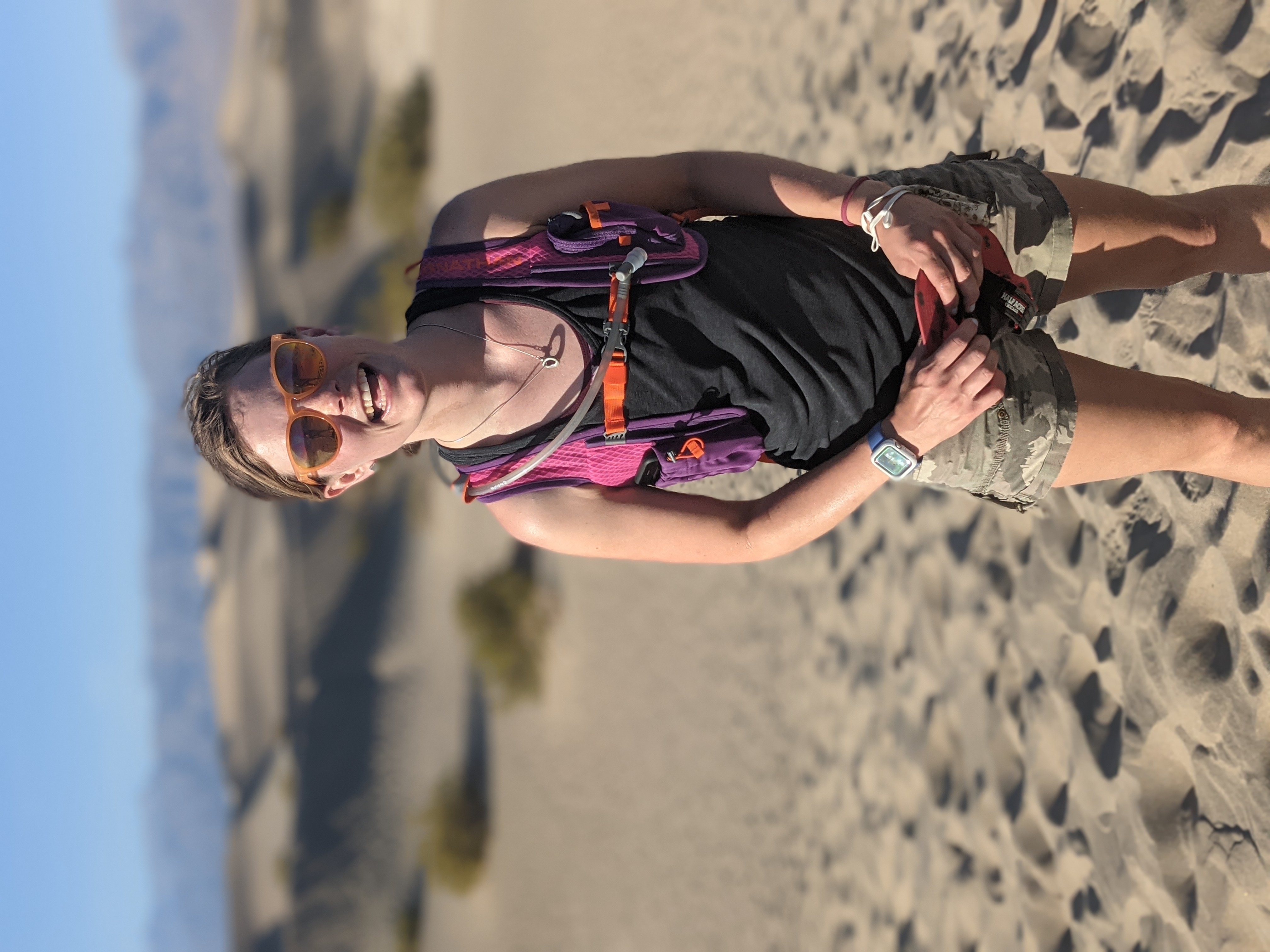About me

The two most impactful experiences that led me to design were my studies in sociology and my work at a mental health nonprofit.
My background in sociology trained me to view the world holistically. I found it fascinating that studying environments and social circumstances could explain seemingly trivial patterns of human behavior. Thinking in terms of uncovering the root causes of these patterns has been a powerful tool as I transitioned to design, where getting to the root of the problem is vital to understanding how to begin designing to fix it.
My studies in sociology eventually led me to social work at a mental health nonprofit, which was an incredibly rewarding experience. At this pre-vocational day program, I worked alongside adults with mental health disorders at various clerical tasks such as running the front desk, doing data entry and designing outreach cards and event flyers. In reflecting on this work through a UX lens, I realize my primary job was to create positive user experiences for our participants (members) by engaging them in meaningful work. I got to design task experiences and see firsthand how improving the user experience increased self-confidence among members. One of the most satisfying parts of that job was when I would successfully convert a hesitant task-avoider into a confident task-initiator. This would rarely happen in the same day, week, or even month, but when I found a way to break down tasks into manageable pieces to the point where members were willing to try and able to succeed, it was pure gold.
Making connections to my past experiences and UX, I fell in love with this idea that I could create designs that help people make sense of things and enjoy life more.
Design is important to me because it aligns my values of empathy and social good with my skills of sociological thinking and creative problem solving. I both enjoy the work and feel proud to be doing it.
Coming from my job in mental health where self-confidence was the biggest barrier to independence, I saw how intimidating objects and technology can be. I want to design because good design inspires confidence in the user. People regularly blame themselves when they can’t figure out how to operate an object or interface, when often the design is at fault. This experience influenced my path to design, where my goal is to help make the world more inclusive and easier to navigate for everyone.
See my resume